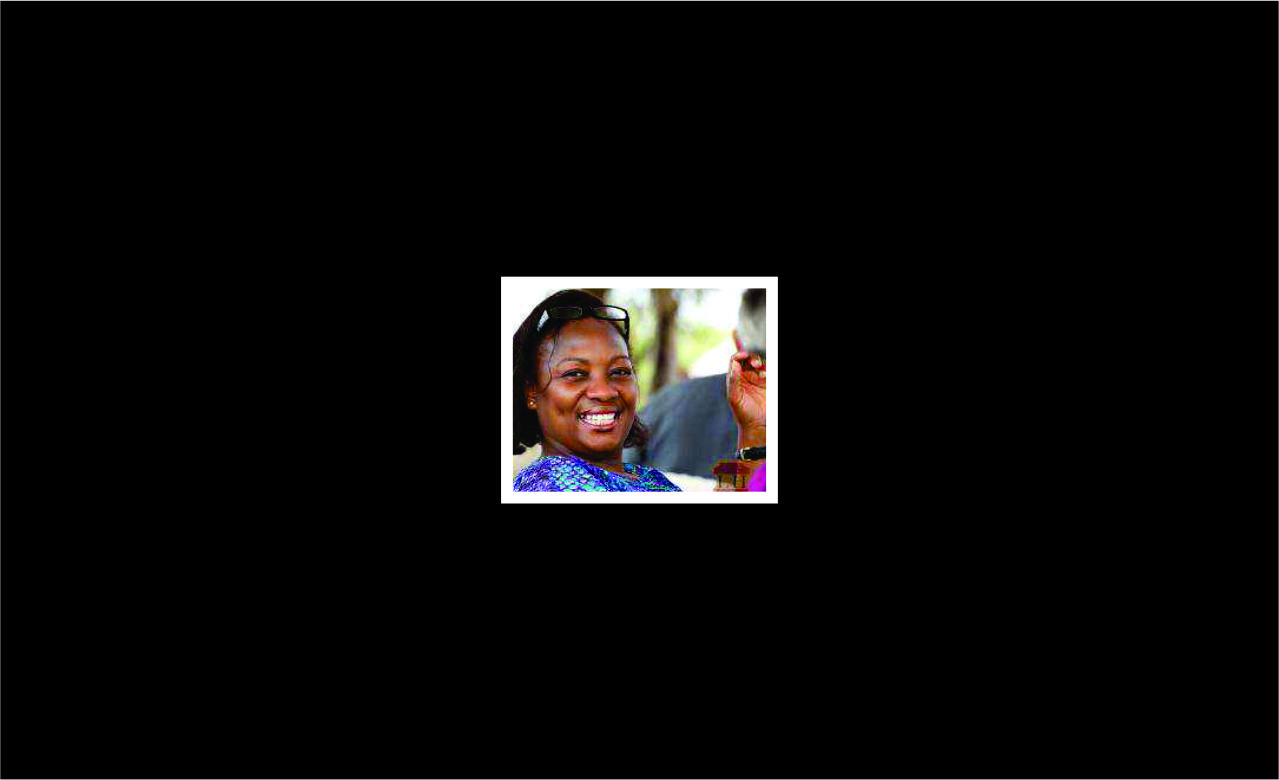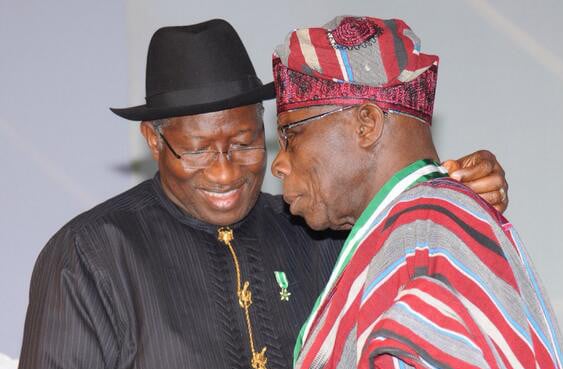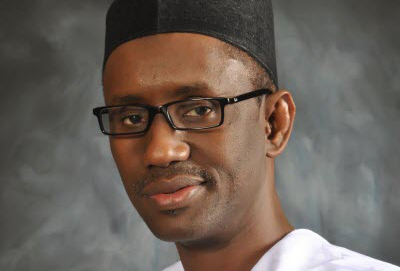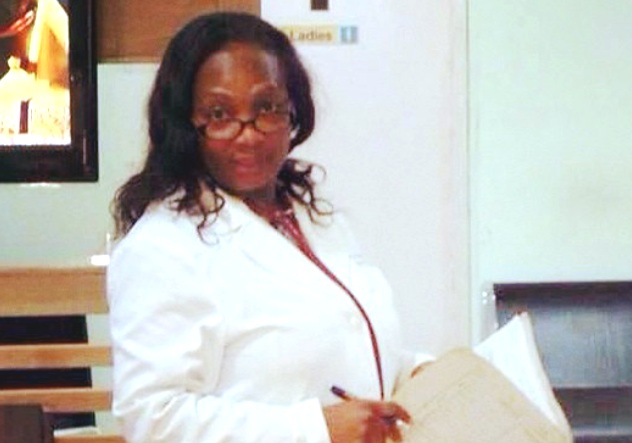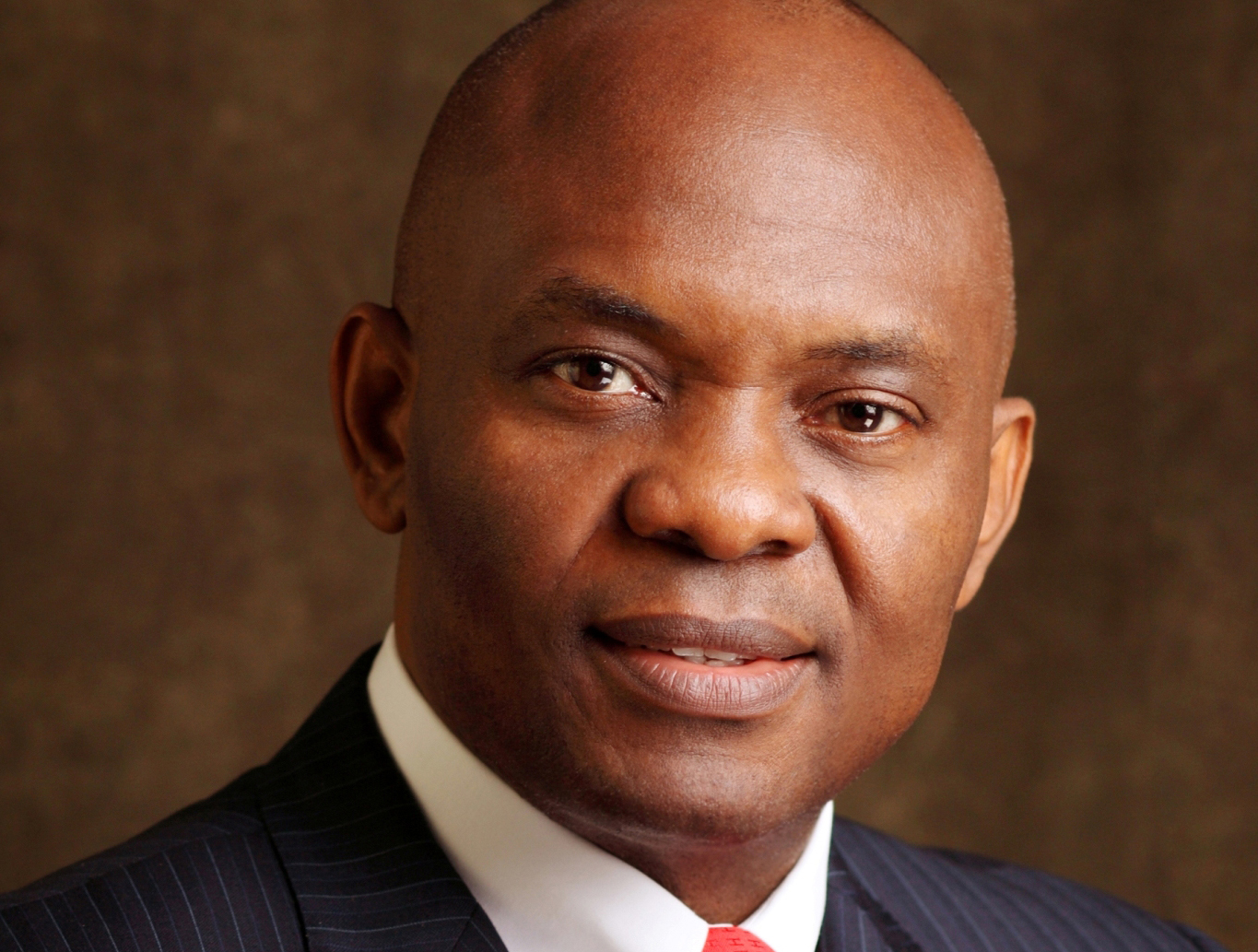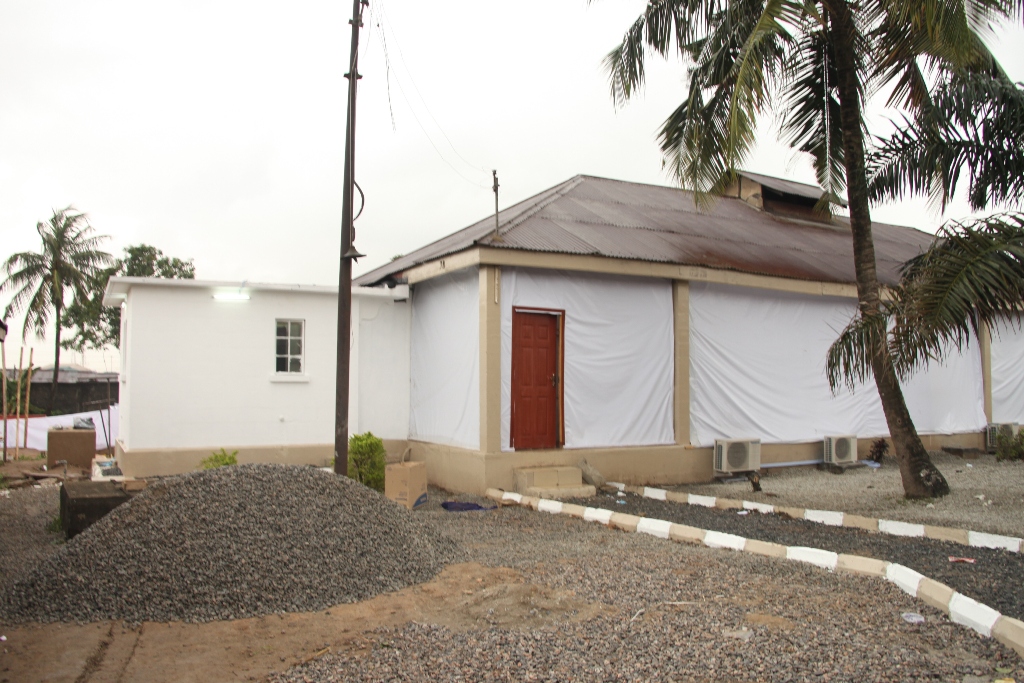Sometime in 2004, or thereabouts, I told the then Director-General of the National Agency for Food and Drug Administration and Control (NAFDAC), Professor Dora Akunyili, that in spite of the successes recorded by her agency, fake drugs were still coming to Nigeria. She sighed, and with one look of frustration creating a dent on her face, she told me: “We at NAFDAC are doing our job honestly and diligently. If only the other agencies of government at entry points are also doing their job, not a tablet of fake or substandard drug will enter Nigeria. That is the whole truth.”
Akunyili, who died in May and will be buried next week, lamented that other agencies at the points of entry were frustrating the work of NAFDAC. She told me, quite sadly but instructively: “They think since they have collected money from the importers, the rest does not matter. But they are missing the point. Can you imagine someone bringing in fake insulin? The same Customs officer who collected bribe to allow it into the country could end up the victim. He or his relation could be diabetic and could end up buying the fake insulin at the chemist. Once the drug enters the country, anybody could be the victim.”
As we mourn the passing of Dr. Ameyo Stella Adadevoh, the consultant physician who caught the Ebola virus while treating Mr. Patrick Sawyer, the Liberian-American who brought the deadly disease to Nigeria, Dora’s words came tumbling into my mind again. Adadevoh simply did her job. There were various options in front of her when she discovered Sawyer had Ebola: one, quietly say “e no concern me” and discharge him quickly to avoid contaminating the hospital; two, refer him to LUTH, not minding the bigger consequences for the rest of Nigeria; three, act responsibly in line with the ethics of the medical profession and “detain” him because of the peculiarity of the disease.
Adadevoh did the right thing. She confined Sawyer to the bed and alerted the appropriate authorities. That she unfortunately caught the virus was, essentially, an occupational hazard. She didn’t catch Ebola deliberately, to save Nigeria. It was not part of the script. So we should not define her heroism in the sense that she was infected to save millions of Nigerians. Rather, her heroism lies in the fact that she saw a grave danger, a potential national calamity ─ and acted professionally, patriotically, courageously. Dead or alive, she will be celebrated as a hero, someone who instinctively acted in the interest of the larger society.
Advertisement
Some other doctors would not even have the presence of mind to remember other Nigerians. Some doctors would quickly discharge suspected Ebola patients to save their hospitals from the stigmatisation and the economic loss from a temporary shut-down for decontamination. That is why First Consultants Hospital also deserves commendation and compensation. We need to encourage those who are still doing the right thing in Nigeria despite the risks involved. In a country where not many people care about the rest, this particular case can renew our faith in the possibility of a new Nigeria. If only other Nigerians will do their job!
Let’s take this further. If the Customs officer does his job ─ like Adadevoh ─ not a single illegal arm will enter the country. However, because the importer has “paid” him, all the officer cares about is his pocket. He clears the goods. The gun gets into the country. And, like Akunyili said, the same officer could be a victim of armed robbery with the same illegal weapon deployed. If the officer, on discovering the arms, detains the cargo and quickly informs the appropriate quarters ─ like Adadevoh did ─ illegal weapons will not get into the country. The larger society will be saved the trouble. But the officer is only thinking of his “fees”. The rest of Nigeria can burn, for all he cares.
If the Immigrations officer had done his job ─ like Adadevoh ─ we probably wouldn’t be discussing Boko Haram with trepidation today. The illegal immigrants that are being used as foot soldiers by the insurgents would have been denied entry or arrested at the borders. The arms that Boko Haram use today came through the border. What does it take to drive a lorry full of guns and bullets past the immigration point? A few wads. Maybe N10,000 ─ or even less. The truck is passed. When the militants get hold of the arms, they could end up killing the same officer or his relatives. If he had done his job ─ like Adadevoh ─ and detained the truck, the country would have been saved.
Advertisement
I can go on and on to illustrate how we are destroying Nigeria by failing to do our jobs. We think more of what will come to our pockets than how the larger society can be saved from a certain calamity. Nigeria is like this because we only think of our personal benefits. If we care about the consequences of our actions for the whole nation, how great would this country be! We have been battling with basic power supply for ages because most of those involved are only thinking of their benefits from the billion-naira contracts; the road in front of your house or office is in bad state because some government officials only think about their stomachs.
There are more lessons we should take on board. In this age of globalisation, whatever affects one country affects the other. Terrorism, infectious diseases, money laundering ─ everything is globalised. That should put our authorities on alert. When Ebola broke out in Guinea, then spread to Sierra Leone and Liberia, our port health authorities should have been on the alert. That is a lesson. I guess medical personnel will also start taking personal protection more seriously in all situations ─ in line with best practices. I suppose our people are so alert to Ebola now that if it were to come through some other means in some remote areas, authorities will quickly pick up the signal. And maybe this outbreak is going to help all of us improve our personal hygiene as well.
But Nigeria is a country where we don’t learn lessons. Containers fall off the back of trucks and kill people and we move onto the next one. People get electrocuted now and then and we move onto the next one. Policeman shoots a bus driver for refusing to “drop” N20 and we move onto the next one. A truck loaded with illegal arms is arrested somewhere in Lokoja and we move onto the next one. Simply because somebody is not doing his job. Thankfully, Adadevoh did her job. She did it well. She ran the race. She finished her course. She kept the faith. She deserves a crown of glory.
Advertisement
AND FOUR OTHER THINGS…
MILITARY MIGHT
The era of “bloody civilians” is back as the military has virtually taken control of the country. The brigandage in Lagos that saw soldiers burn BRT buses, the killing of el Zak Zaky sons and the harassment of newspaper houses should worry us. Last Friday, troops invaded the office of Daily Trust in Maiduguri. They quizzed two managers over a story published by the newspaper. All these remind me too much of the days of military rule, and they don’t bring me good memories at all. By the way, does President Goodluck Jonathan know the full implications of these unchecked military excesses? Scary.
POLITICAL EBOLA
I was a bit embarrassed when the ministry of health issued a statement on Thursday to counter claims by the Lagos State government that there were five new suspected cases of Ebola. I know there are political differences between federal government and Lagos, but for Pete’s sake, they have managed to work together and should continue to do so. What we’re faced with is a potential national calamity. This is not the time for politics. We also don’t need to ridicule ourselves before the whole world at this crucial time. Commonsense.
Advertisement
KOLERA KOLEJ
You need to look away now: hundreds of Nigerians have died from cholera ─ that absolutely preventable disease ─ in 14 states this year. The Nigerian Centre for Disease Control (NCDC) said from January to March, Bauchi recorded 6,910 cases and Kano 1,270, among the tens of thousands recorded in other states including Kaduna, Ebonyi and Lagos. While no deaths were recorded in Kogi and Lagos, 48 died in Bauchi, 19 in Kaduna and 16 in Kano. Cholera is mainly transmitted through contaminated water. By the time these figures are updated, things promise to be more horrible. Cholera in the year 2014! Shameful.
Advertisement
THE SHYLOCKS
One ridiculous reason given by the Central Bank of Nigeria (CBN) for the re-introduction of ATM charge is to curtail cash withdrawals in line with the “cashless” policy. Poor thinking. There is already a daily limit on withdrawals, and those who withdraw large amounts can’t be deterred by a N65 charge. It is low-income earners that use ATM the most. I can’t remember the last time I met Alhaji Aliko Dangote at an ATM point. It gets more ridiculous that banks have now introduced a 1% “anniversary fee” on loans. Borrowers will pay the fee on every anniversary of their loans. Sadistic.
Advertisement
Advertisement
Add a comment

